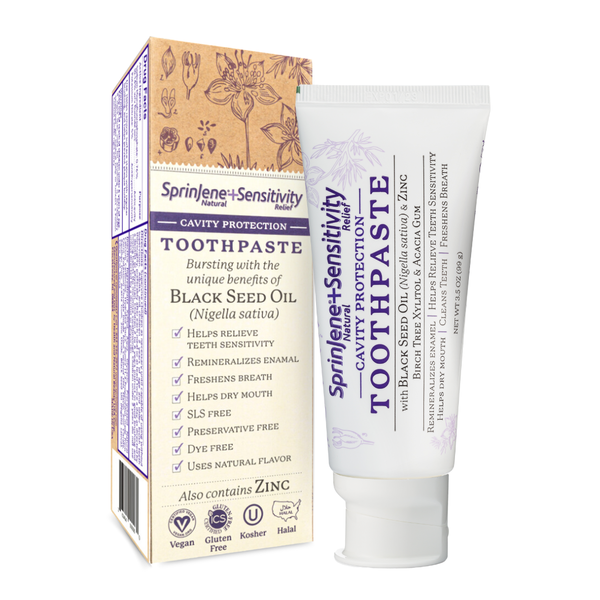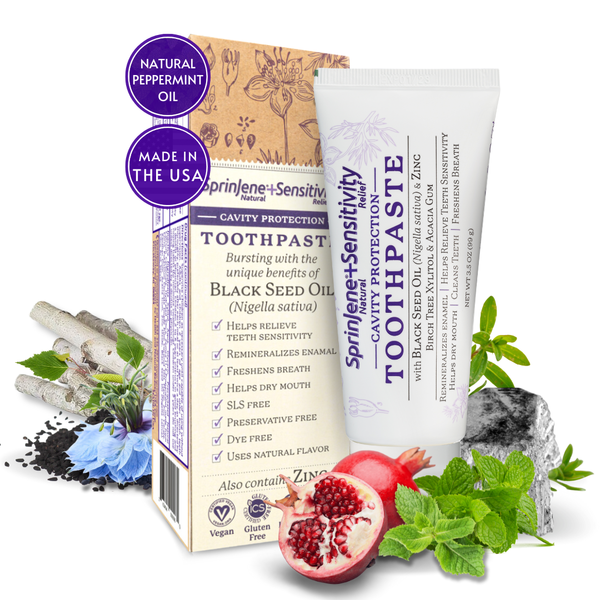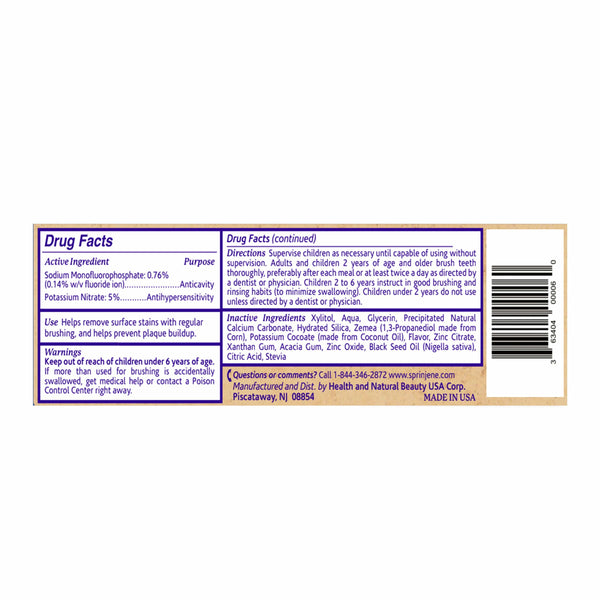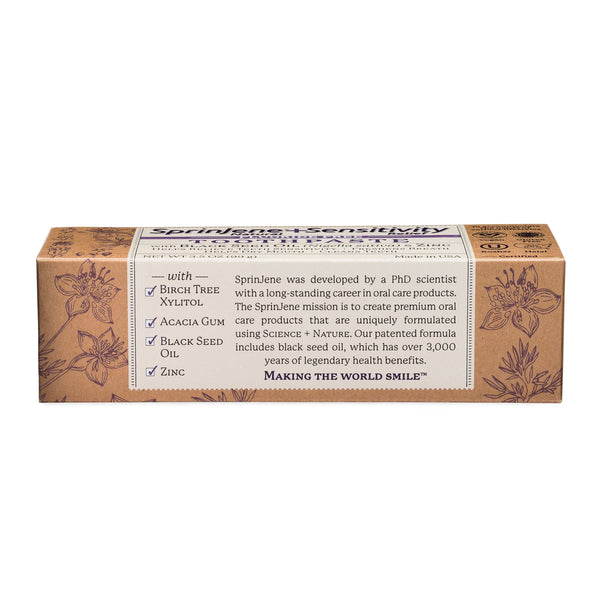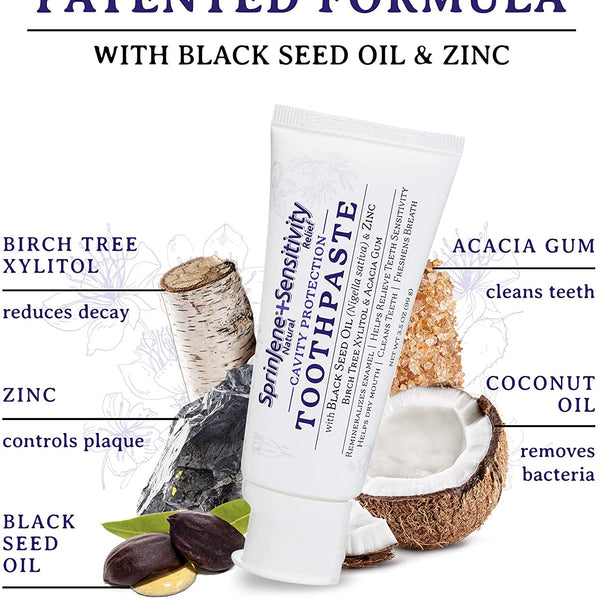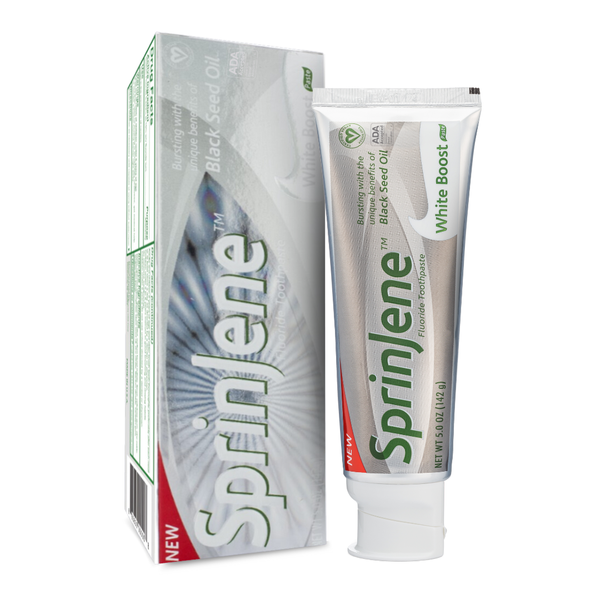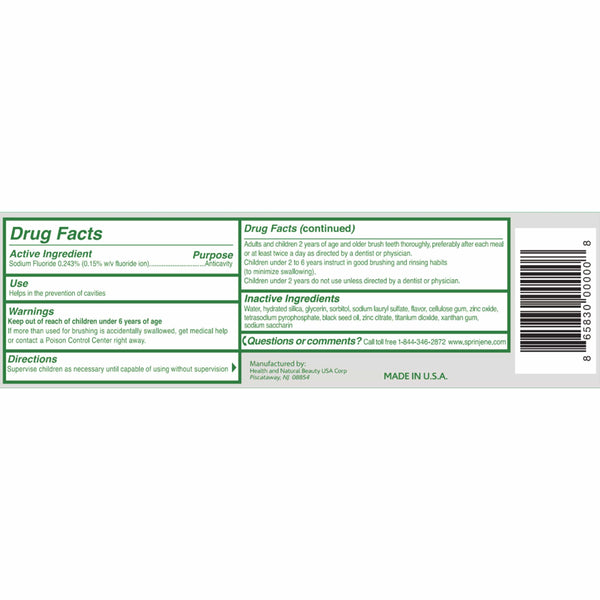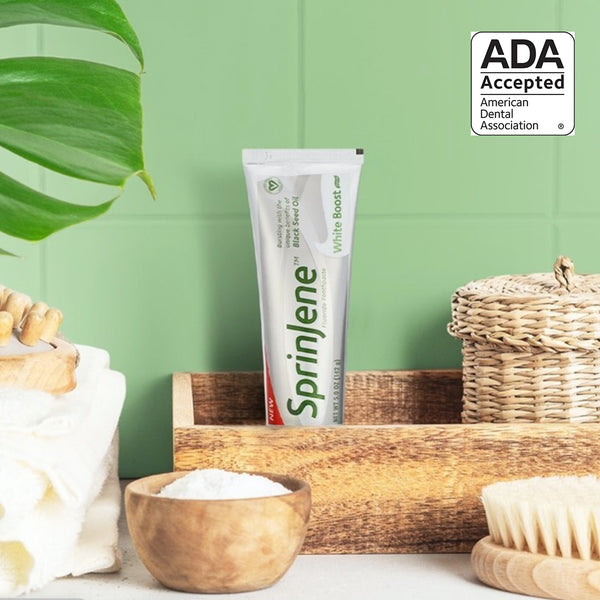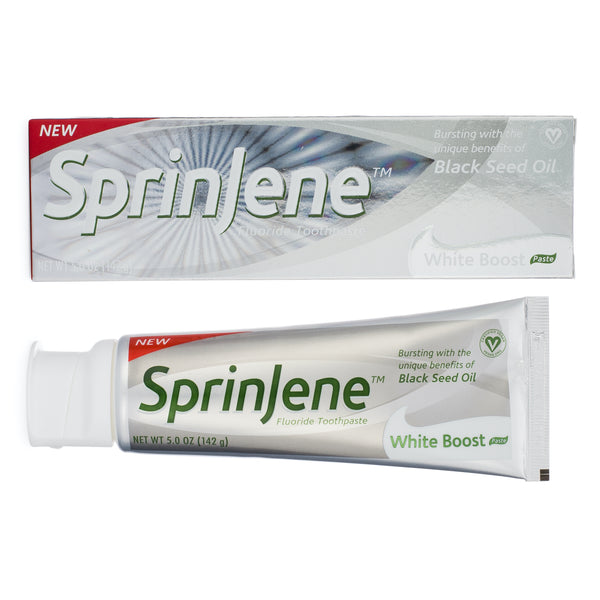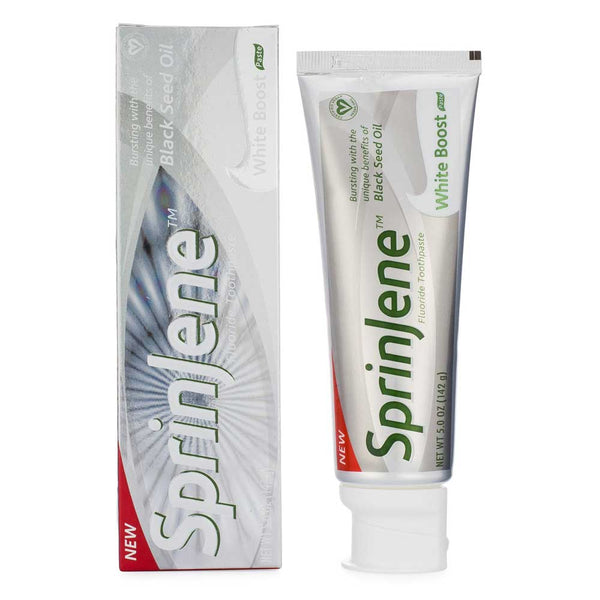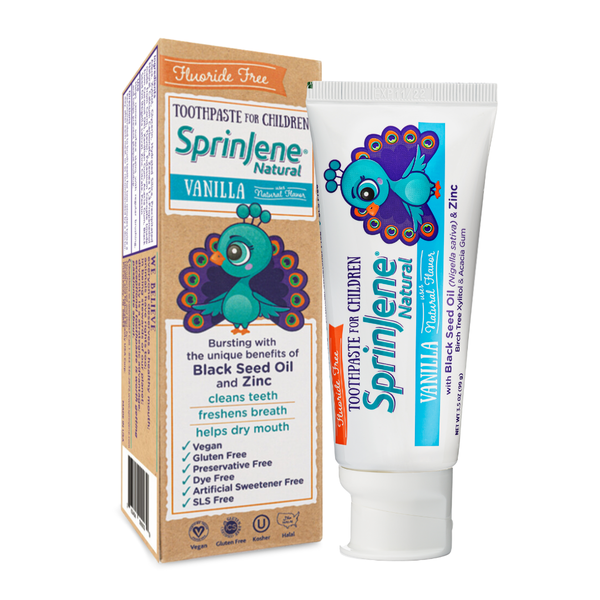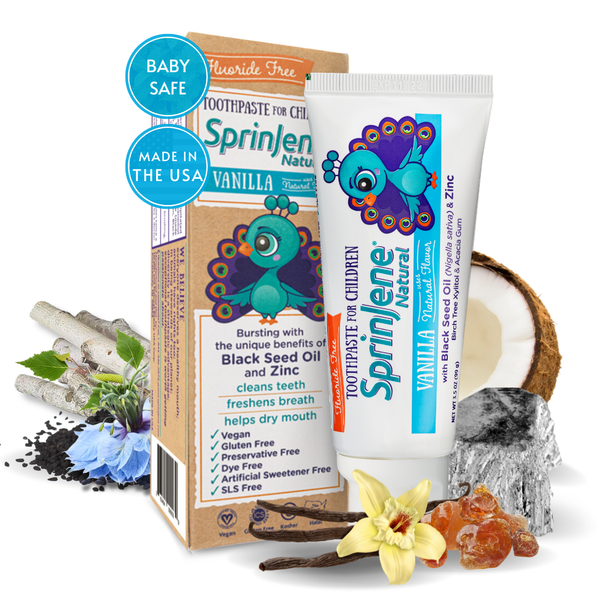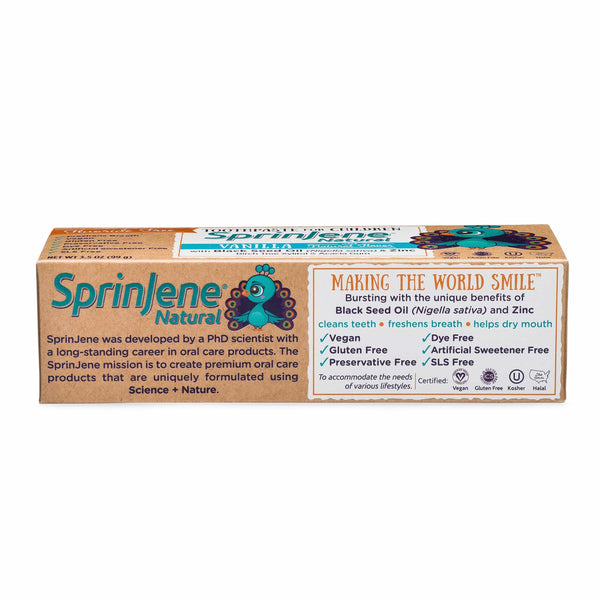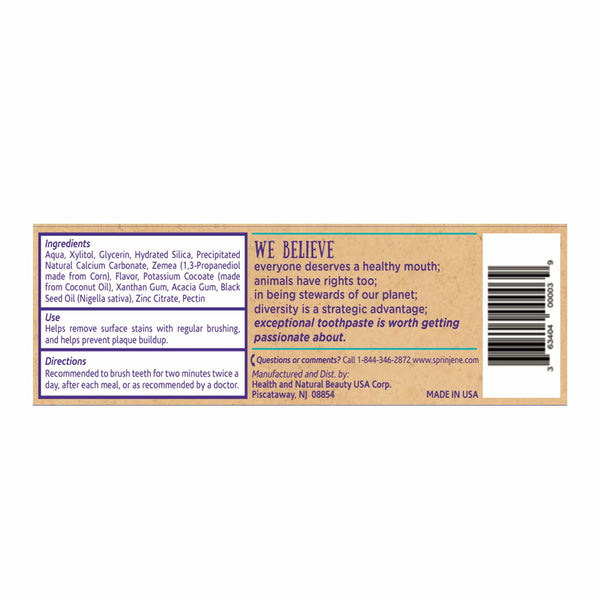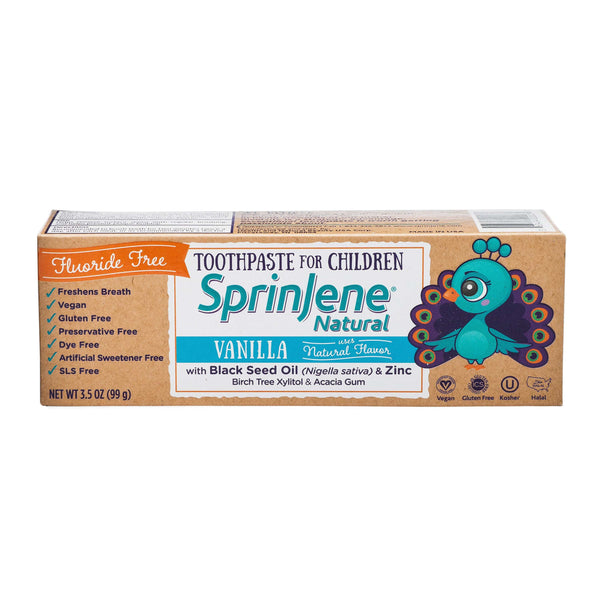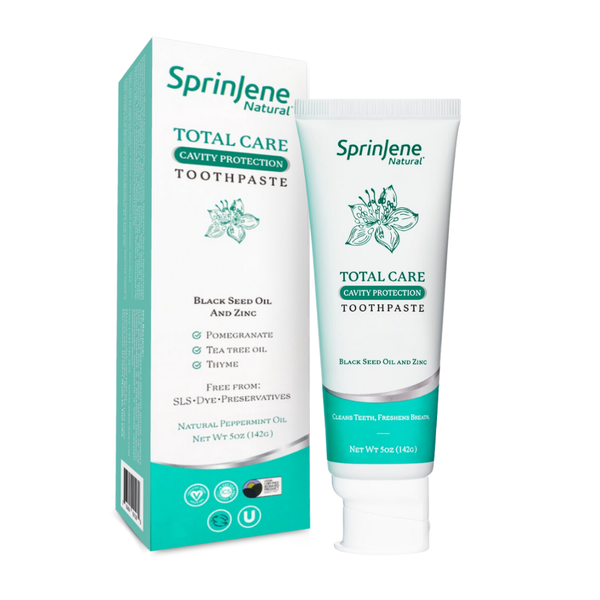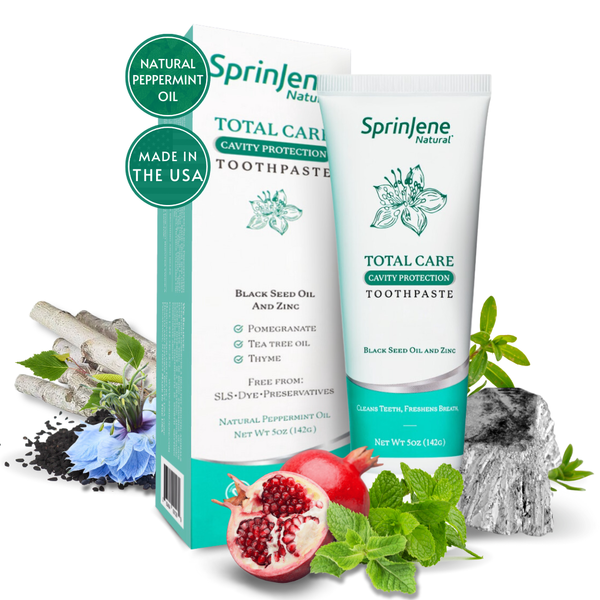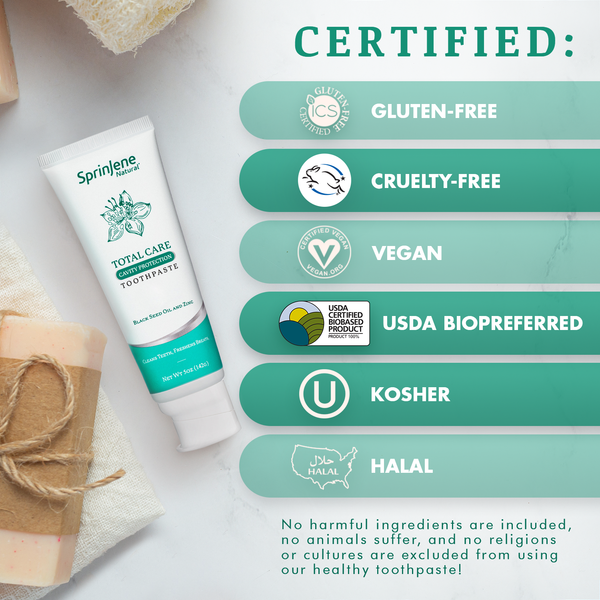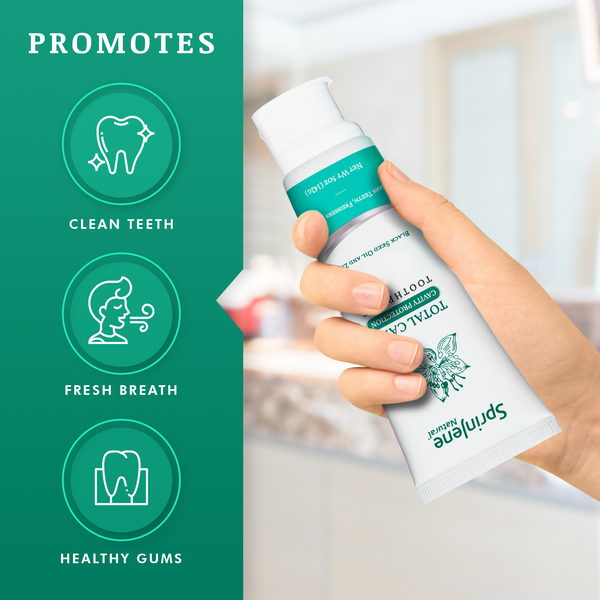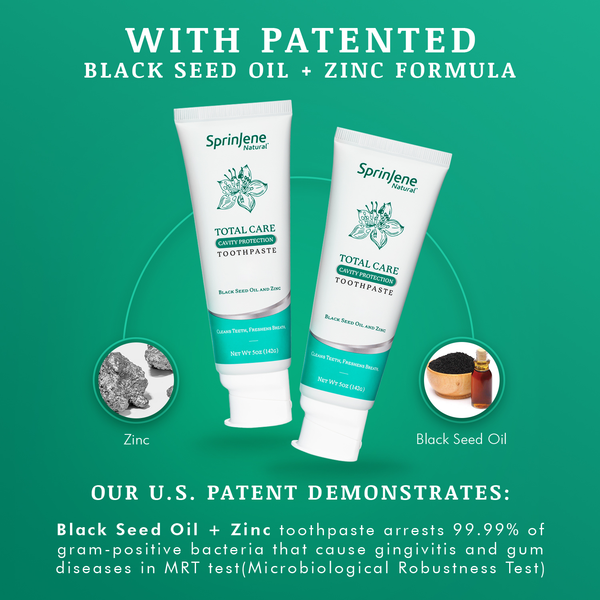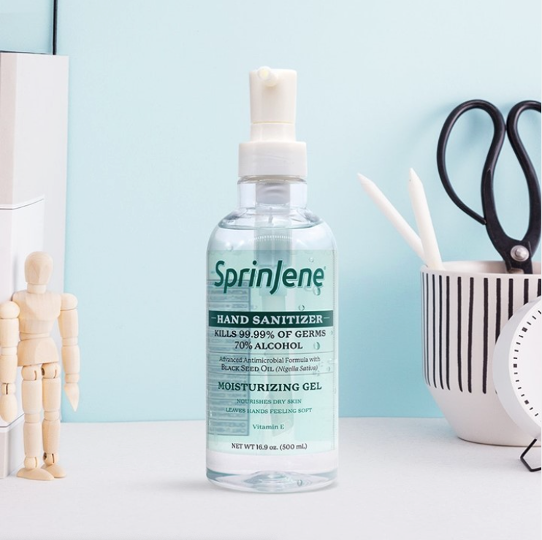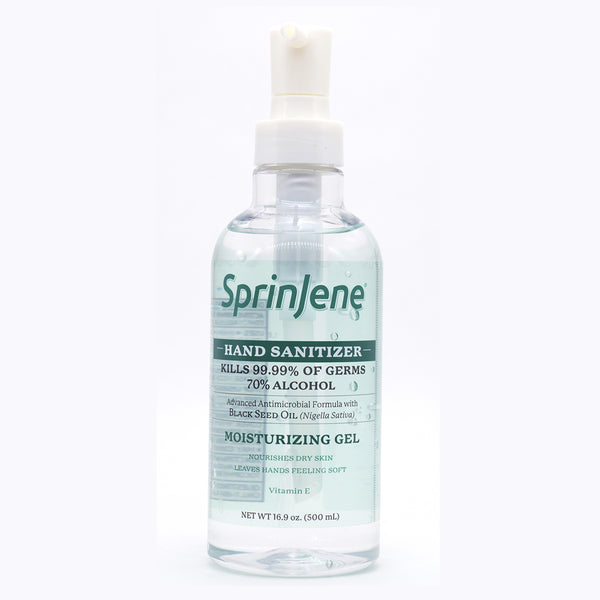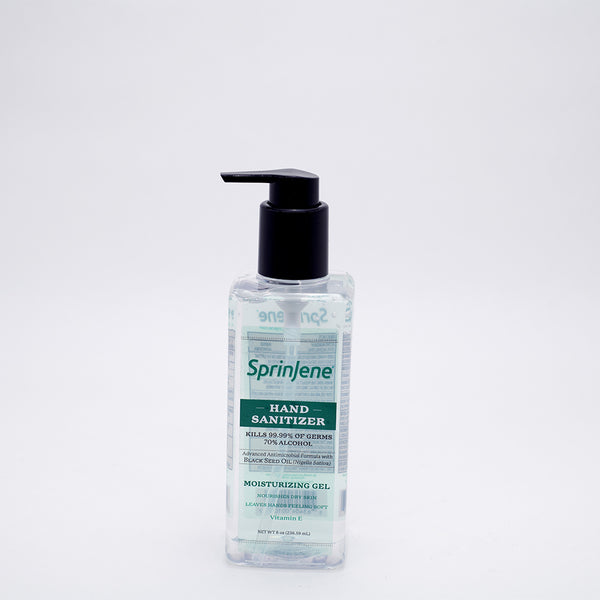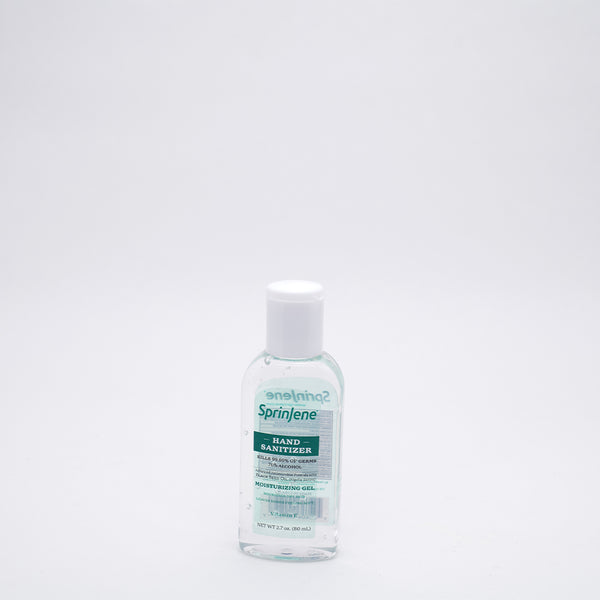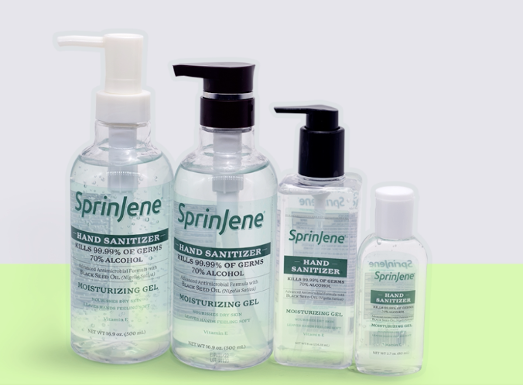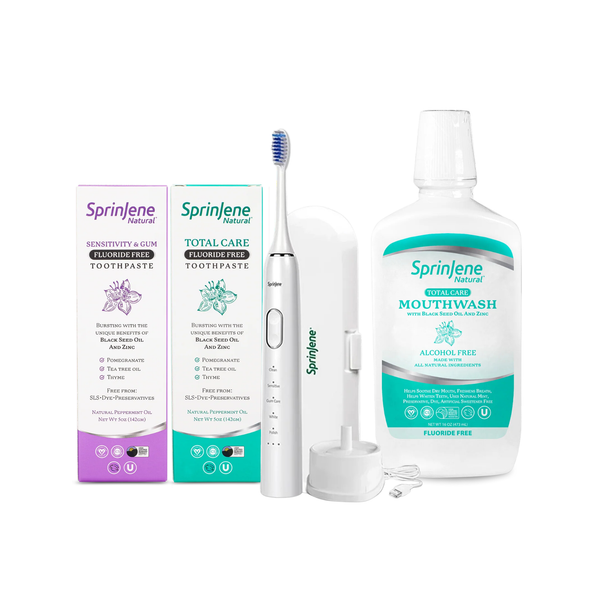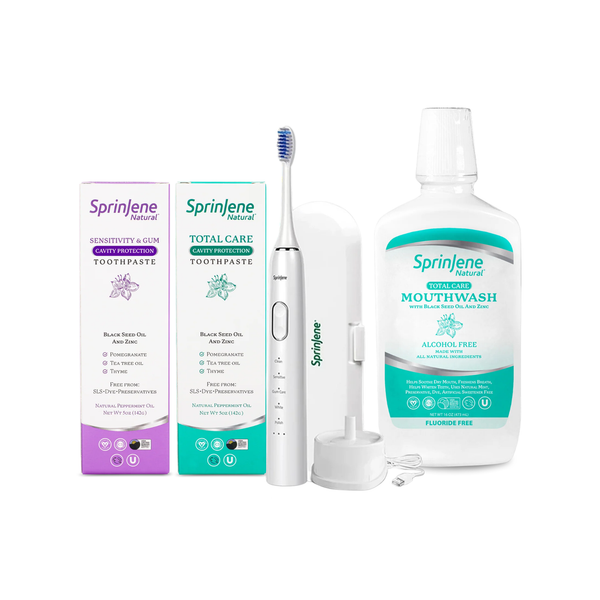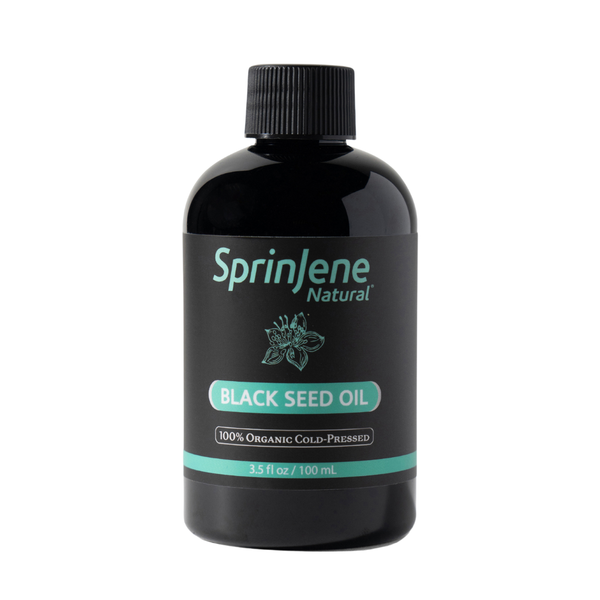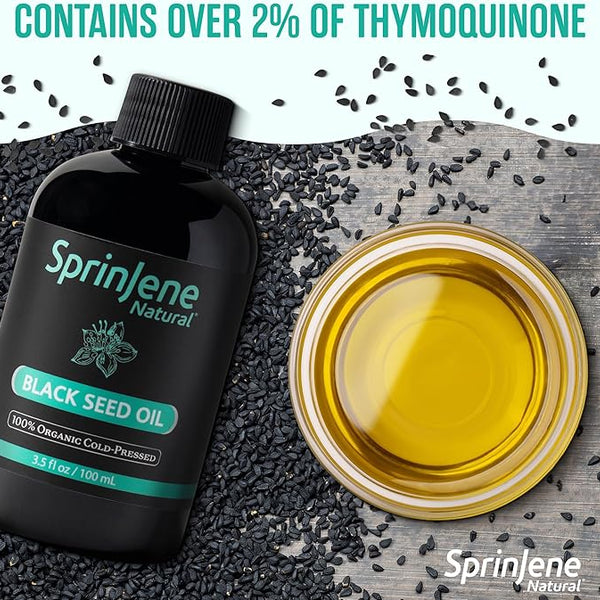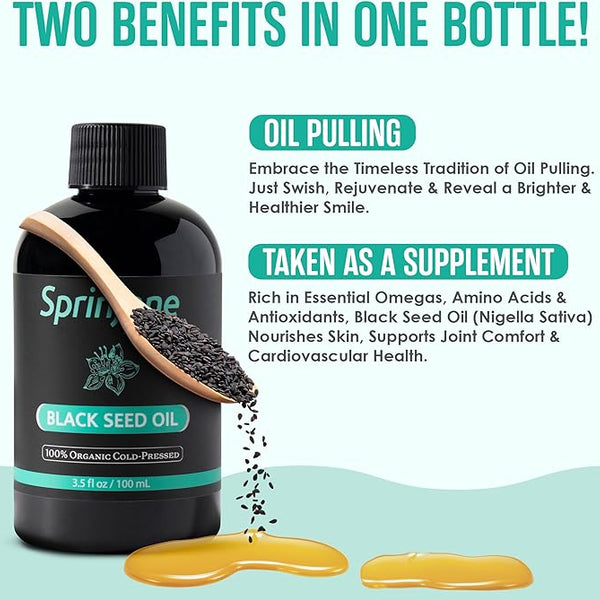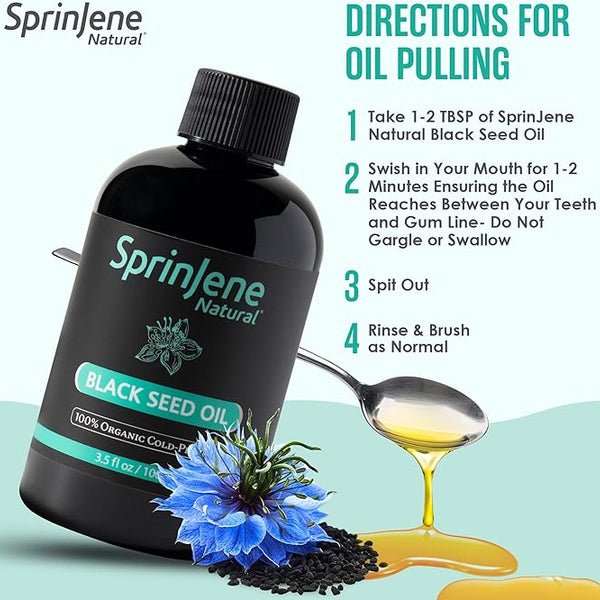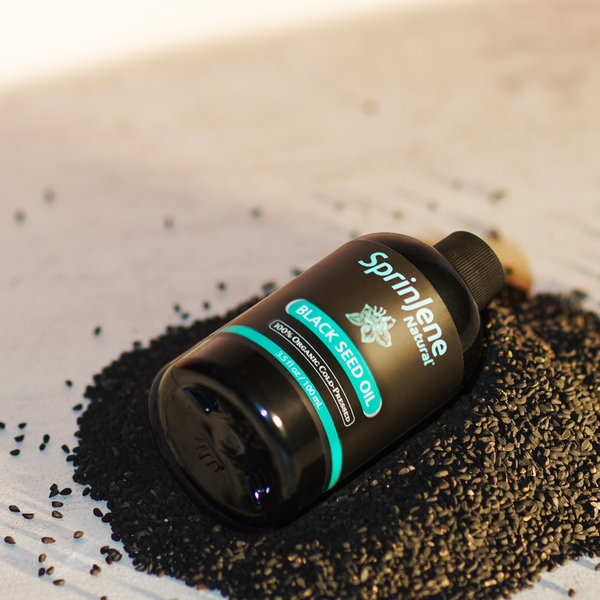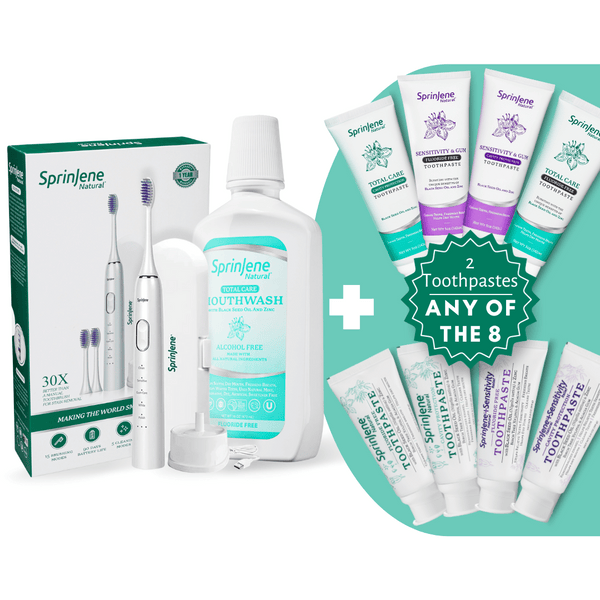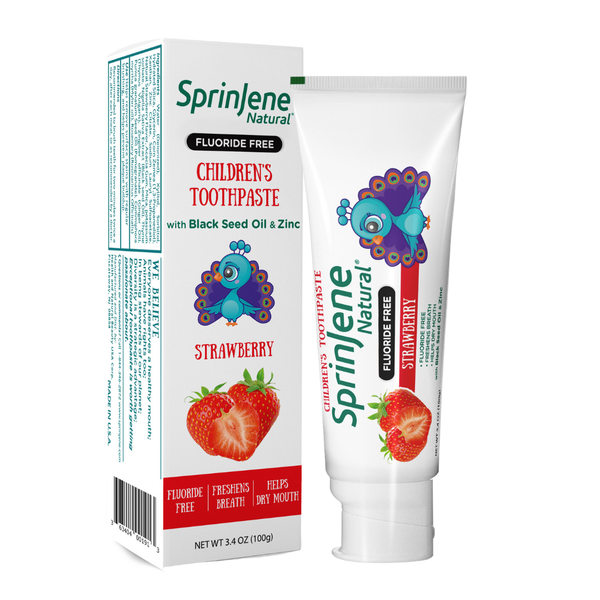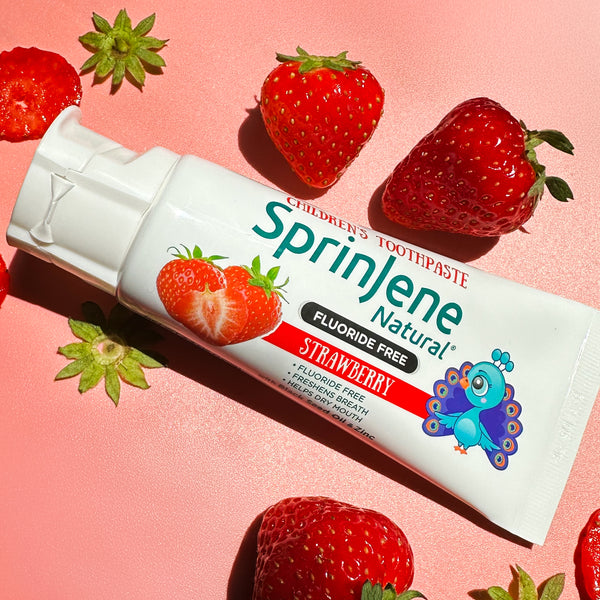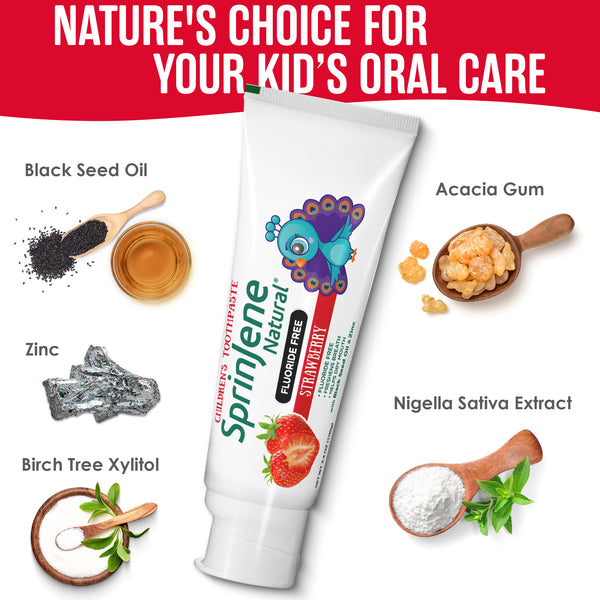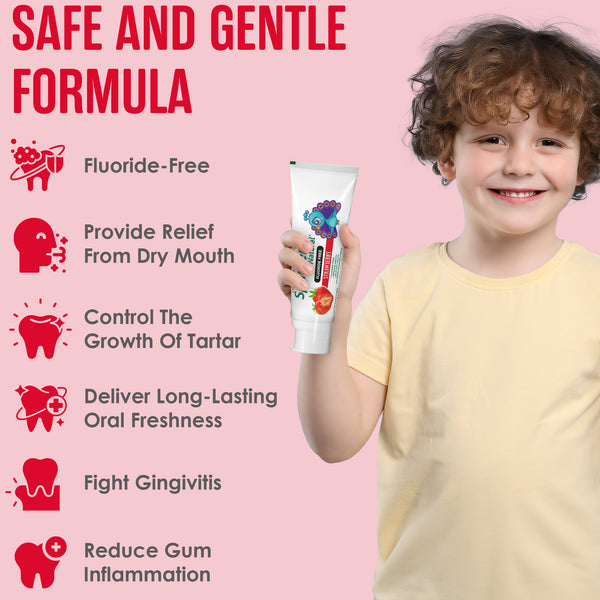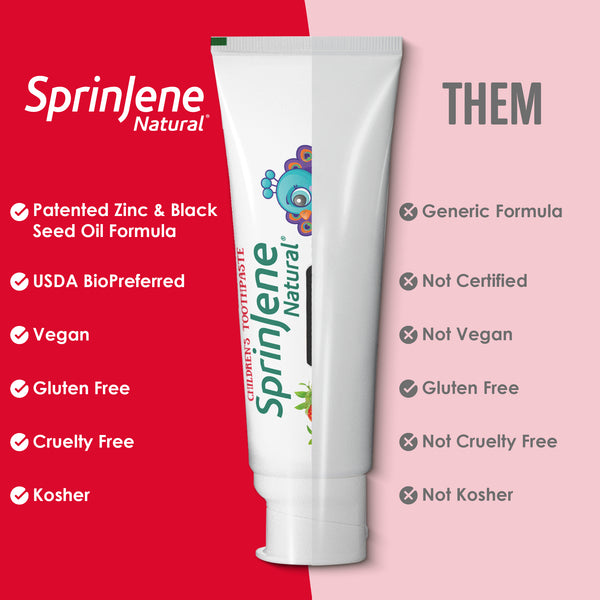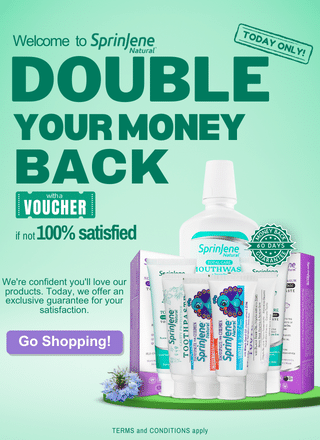Understanding Cruelty-Free Certifications: Common Misconceptions and What They Really Mean
In recent years, consumer demand for ethically-made products has grown significantly, with more people choosing to align their purchasing habits with their personal values. Products labeled cruelty-free and vegan have surged in popularity, especially in personal care and cosmetics. However, confusion persists around what these labels actually mean. In this comprehensive guide, we'll clarify common misconceptions, explain cruelty-free certifications clearly, and discuss the significance of vegan certifications. At SprinJene, we are proud that our products are certified cruelty-free by Leaping Bunny, and certified vegan by Vegan.org and BeVeg.
Cruelty-Free vs. Vegan: What's the Difference?
One common misconception among consumers is the idea that "cruelty-free" and "vegan" can mean the same thing. In fact, these terms refer to two distinct ethical standards.
Cruelty-Free: Products labeled cruelty-free ensure that no animal testing has occurred at any stage of product development, including ingredient sourcing. This means neither the ingredients nor the final products have been tested on animals. Products that are cruelty-free are NOT always vegan.
Vegan: A vegan product goes beyond animal testing to ensure it contains no animal-derived ingredients or by-products. This includes common additives like honey, beeswax, lanolin, gelatin, or collagen. Products that are vegan are NOT always cruelty-free.
Understanding this distinction is crucial because a product can technically be vegan but not cruelty-free if it has been tested on animals. Similarly, a cruelty-free product may still contain animal-derived ingredients, making it non-vegan.
To put this into perspective, products that contain beeswax, lanolin, collagen, and even silk, which is often sourced by boiling living silkworms, can all be eligible for a cruelty-free certificate, as the cruelty-free certificate only checks if there was any animal testing in the ingredients or development of the product.
On the other hand, vegan products can still be tested on animals, as the vegan certification only checks that there are no animal byproduct or derived ingredients, and does not check if there was animal testing involved.
In order to be sure that the products you are using are aligned with your ethical standards, it is important to consider what your standards are and how to ensure your products meet those standards. For example, if you are following a vegan lifestyle for ethical reasons and are also against animal testing, you will want to look for products that are certified both cruelty-free and vegan. Additionally, certifiers such as PETA certify for both vegan and cruelty-free at the same time.
Common Misconceptions About Cruelty-Free Certification
Misconception #1: Cruelty-Free Means No Animal Products
Many consumers mistakenly believe that a cruelty-free product contains no animal-derived ingredients. While cruelty-free products do not undergo animal testing, they might still contain ingredients sourced from animals. This makes it essential to check for a vegan certification if you seek a completely animal-free product.
Misconception #2: "Not Tested on Animals" Guarantees Cruelty-Free
Labels stating "not tested on animals" or "against animal testing" can be misleading without an official certification. Brands can technically use such phrases even if third-party companies test their ingredients on animals. Without reputable certification, claims of cruelty-free status can be unreliable.
Misconception #3: All Countries Have Similar Cruelty-Free Standards
Cruelty-free standards vary internationally. For instance, some countries still legally require animal testing for imported products, notably certain regions in China. Thus, brands selling in these markets cannot claim genuine cruelty-free status unless specific exemptions apply.
Why Trust Certified Cruelty-Free and Vegan Labels?
Official certifications provide reassurance that rigorous standards are met, backed by thorough auditing and transparency.
What Do Certifications Mean?
Certification bodies have strict guidelines brands must follow to receive and maintain their status:
-
Cruelty-Free Certification: Requires documented proof that no animal testing occurs throughout the entire supply chain.
-
Vegan Certification: Mandates proof that no animal-derived ingredients are present in any products.
SprinJene proudly holds cruelty-free certification by Leaping Bunny and vegan certifications from Vegan.org and BeVeg, ensuring that all our products meet the highest ethical standards.
Common Ingredients to Look Out For
When verifying vegan claims, watch out for these commonly used animal-derived ingredients:
-
Honey and Beeswax: Often found in lip balms, lotions, and hair products.
-
Lanolin: Derived from sheep's wool, used as an emollient.
-
Gelatin: Obtained from animal bones, cartilage, and skin, commonly found in capsules and gummies.
-
Collagen: Often sourced from fish or bovine sources, popular in anti-aging products.
-
Carmine: A red pigment made from crushed cochineal insects, used in cosmetics.
Choosing products certified vegan ensures none of these ingredients are present.
Why Choose Certified Vegan and Cruelty-Free Products?
Purchasing products certified cruelty-free and vegan isn't just an ethical choice—it aligns closely with sustainability, health consciousness, and environmental responsibility.
Health Benefits
Certified vegan products typically avoid harsh, animal-derived substances, resulting in gentler formulas suitable for sensitive skin. They're often free from harmful synthetic additives, preservatives, or fillers.
Environmental Impact
Animal agriculture significantly impacts environmental health, contributing to water pollution, deforestation, and greenhouse gas emissions. Vegan-certified products inherently support environmental sustainability by reducing reliance on animal-derived components.
Ethical Responsibility
Choosing cruelty-free and vegan-certified products demonstrates a personal commitment to reducing animal suffering, aligning consumer habits with compassionate living.
What to Look for on Product Labels
When shopping, always look for clear certification symbols on product packaging. These logos quickly communicate the product’s ethical commitments. Recognizing official symbols—such as Vegan.org and BeVeg logos—helps confirm a product’s legitimacy and ensures accurate claims.
The Growth of Ethical Consumerism
Today's consumers are increasingly well-informed, making choices based on ethical, environmental, and health concerns. Recent market studies reveal significant growth in vegan and cruelty-free markets, reflecting rising consumer preference for transparency and accountability in personal care products.
Transparency in Supply Chains
Certification bodies like Vegan.org and BeVeg require detailed transparency throughout the entire supply chain. Brands must document ingredient sourcing, manufacturing processes, and supply chain practices. This meticulous record-keeping helps prevent unethical practices and strengthens consumer trust.
How SprinJene Maintains Ethical Standards
At SprinJene, transparency and ethical responsibility are foundational values. We rigorously vet our ingredient suppliers, maintain detailed documentation, and conduct ongoing audits to ensure compliance with cruelty-free and vegan certifications. Our commitment ensures customers receive genuinely ethical and high-quality products.
SprinJene toothpaste formulations use thoughtfully selected natural ingredients, free from harmful chemicals, artificial preservatives, or animal derivatives, aligning perfectly with consumer values of health, ethics, and environmental consciousness.
Making Informed Choices as a Consumer
Navigating the ethical personal care market can seem overwhelming. Here are simple tips to ensure you're making genuinely cruelty-free and vegan choices:
-
Look explicitly for official certification logos on packaging.
-
Understand ingredient lists and be cautious of hidden animal-derived ingredients.
-
Choose transparent brands with clearly stated policies and accessible ingredient sourcing information.
Conclusion: The Power of Ethical Consumerism
Ethical consumerism empowers individuals to create meaningful change through their daily purchases. By supporting brands that prioritize animal welfare, transparency, and sustainability, consumers can actively contribute to a kinder, healthier planet.
SprinJene remains committed to offering genuinely ethical, cruelty-free, and vegan-certified products. Our certifications from Leaping Bunny, Vegan.org, and BeVeg are your assurance that choosing SprinJene supports your commitment to a compassionate, cruelty-free lifestyle.
Take Action Today: Choose Ethical Oral Care
Ready to align your oral care routine with your ethical values? Explore SprinJene’s cruelty-free and vegan-certified range of toothpaste and oral care products today, and take the next step in making compassionate, responsible choices for your health and our planet.




